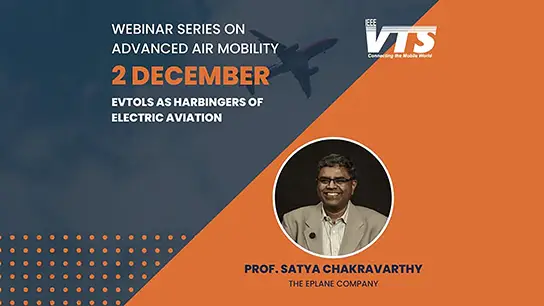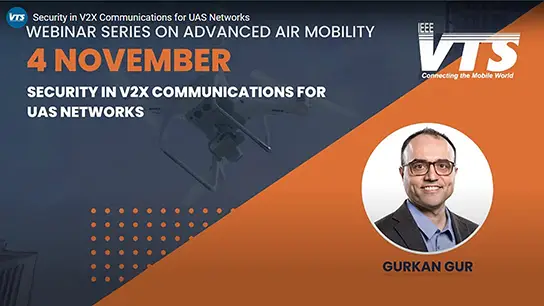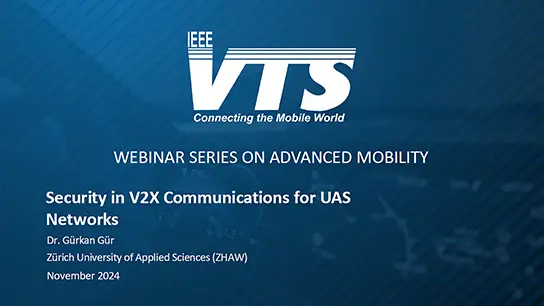-
Members: FreeVTS
IEEE Members: $11.00
Non-members: $15.00Length: 00:46:27
01 Jan 2024
Wireless sensor nodes are characterized by limited energy sources. Although the interests in wireless connectivity is ever-increasing and the needs for Internet-of-Things (IoT) applications, such as, automated remote access, monitoring, and control are well-appreciated, widespread adoption of networked wireless devices is largely constrained by their affordable deployment and maintenance costs and convenience of their long-term usage. To this end, while energy efficient protocol design is a key for long-lasting network operation, energy harvesting aware solutions are becoming widely popular as green and affordable approaches towards sustainable network operation. Since ambient energy harvesting is not reliable or suitable in many field applications, an interesting approach is charging them via wireless energy transfer. In this presentation, we will discuss the limitations of radiative energy transfer, performance of multihop radio frequency (RF) energy transfer, and some of the use cases of RF energy transfer combined with wireless information transfer. In particular, we will discuss the possible ways of improving radiative energy transfer efficiency through passive and active distributed beamforming. Throughout the presentation, we will mutually corroborate our experimental findings and analytical intuitions in a few application scenarios.


